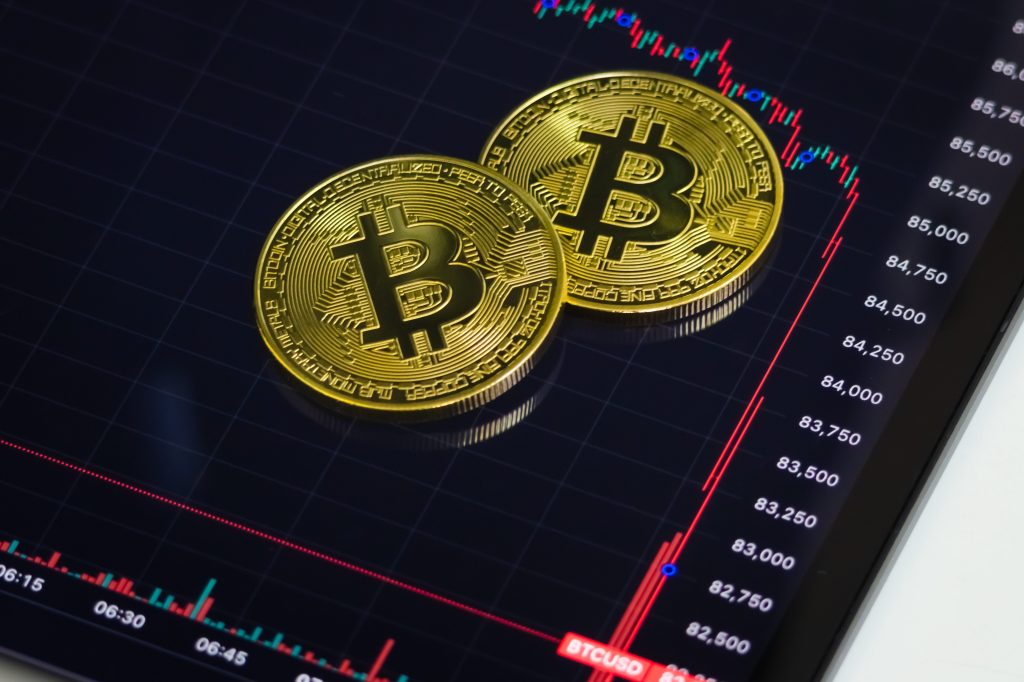The Consumer Finance Protection Bureau has filed a motion for summary judgment asking a Kentucky federal court to strike down its Biden-era Open Banking Rule, amid litigation challenging its legality. The Open Banking Rule would have created rights for consumers to efficiently access and transmit banking account information to third
Register for free to keep reading
To continue reading this article and unlock full access to GRIP, register now. You’ll enjoy free access to all content until our subscription service launches in early 2026.
- Unlimited access to industry insights
- Stay on top of key rules and regulatory changes with our Rules Navigator
- Ad-free experience with no distractions
- Regular podcasts from trusted external experts
- Fresh compliance and regulatory content every day












